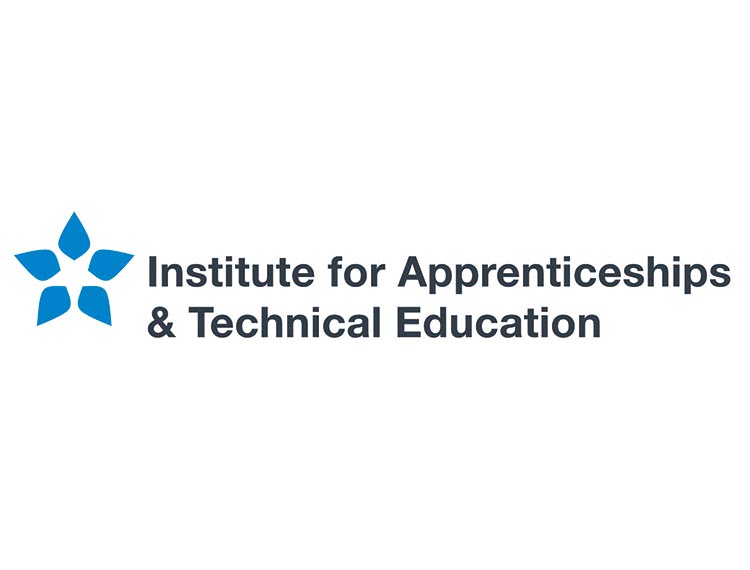IfA becomes The Institute for Apprenticeships & Technical Education

The Institute for Apprenticeships (IfA), becomes the Institute for Apprenticeships & Technical Education (IfATE) as the Institute takes over responsibility for Apprenticeships and T Levels. The new name change ushers in exciting new dawn for T Levels preparations.
Today (31 Jan) the Institute assumes responsibility for arranging the approval of outline content for all T Levels; issuing contracts to awarding organisations; and approving the final T Levels ready for providers to teach.
The Institute will assume responsibility for arranging the approval of outline content for all T Levels, for issuing contracts to awarding organisations who will develop the detailed qualifications, and for approving the final T Levels ready for providers to teach at colleges and schools throughout England.
The name change comes on the same day the CBI released their report ‘Getting Apprenticeships Right: Next Steps’ which highlights the need for the Institute to be at the heart of a successful technical education system.
 Sir Gerry Berragan, Chief Executive of the Institute for Apprenticeships and Technical Education, said:
Sir Gerry Berragan, Chief Executive of the Institute for Apprenticeships and Technical Education, said:
“We look forward to playing a key role in the development of T Levels, while maintaining and further improving the work we do to deliver high quality apprenticeships.
“We find ourselves on the threshold of a hugely exciting era for technical education.”
T Levels are new, two-year, post-GCSE courses that will be available full time in selected colleges and schools from September 2020. The courses will be classroom based with a substantial industry placement element. T Levels will enable students to progress into skilled employment, apprenticeships or higher education.
The Institute will also continue with the leading role we are playing with the rollout of new apprenticeship standards and overseeing the upholding of rigorous quality standards.
The Department for Education will still support providers in building their readiness to deliver the T Levels and to have in place arrangements for securing the industry placements lasting at least 45 days within the two-year courses
The government is investing up to £20m over the two years to March 2020 to support providers as they prepare for the introduction of T Levels.
The outline content of the new courses is being devised by T Level panels, consisting of employers and other professionals representing occupations within the industry, with input from education experts.
The Institute will soon let the contracts for the first wave of T Levels set to be taught in classrooms from September 2020. These cover the education, construction and digital industries.
Simultaneously, preparations are under way for wave two which will be delivered from September 2021. These will cover additional courses in digital and construction, plus a new set for the health and science industries.
The Institute responsiblity for Technical Qualifications
This is the main, classroom-based element of the T Level, and equips students with the skills and knowledge necessary to give them a broad understanding of their chosen occupational route.
TQs are made primarily by T Level Panels, who work with the Institute to form outline content. These panels are made up by industry experts, who form the core content and occupational specialisms within the qualification. As part of this process, outline content is put out for public consultation.
When outline content has been finalised and signed off by the Route Panels, it is then ready to be bid on by Awarding Organisations (AOs), who, if successful, will then develop the content. More information on the procurement process can be found here.
Formally, the Institute is responsible for the procurement and management of the TQs, whereas:
- Industry Placements are run by the Department for Education.
- Liaison with providers (schools, colleges etc.) sits with the ESFA and DFE.
- The accreditation and regulation of the qualification sits with Ofqual.











Responses